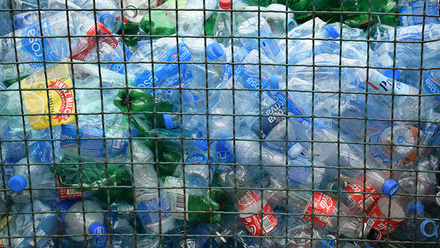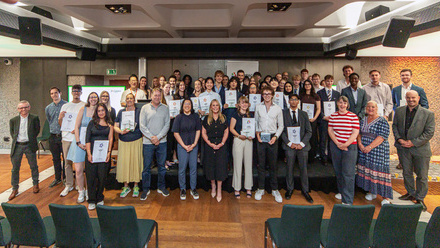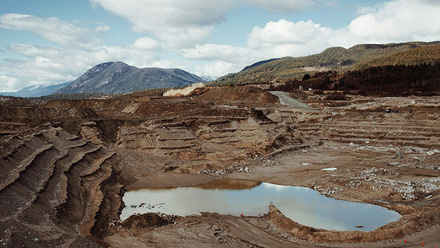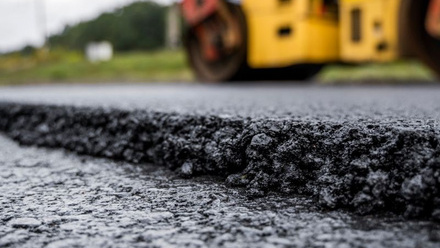IOM3 welcomes first IPCC Sixth Assessment Report Contribution
Today (9 August), the Intergovernmental Panel on Climate Change (IPCC) released the first contribution of its Sixth Assessment Report (AR6), from Working Group I, entitled Climate Change 2021: the Physical Science Basis. The main headline is that climate change caused by human activity is ‘widespread, rapid, and intensifying’.
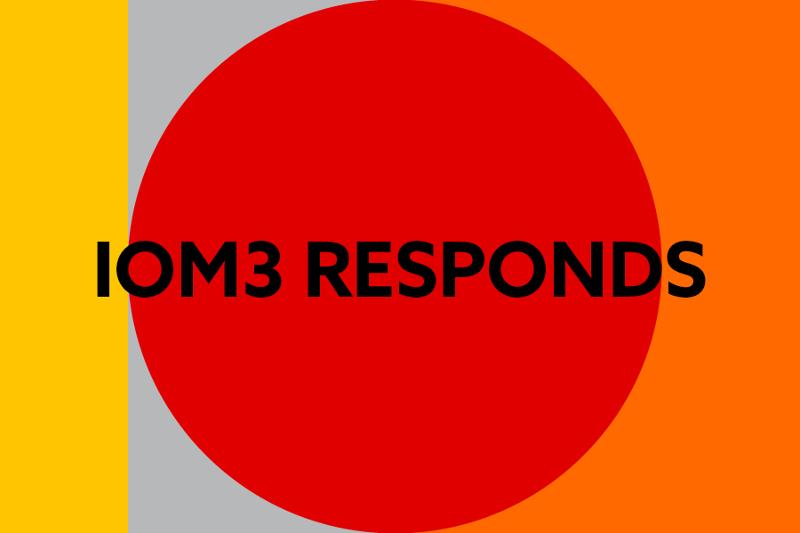
The report shows that many of the changes observed in the climate are unprecedented in thousands, if not hundreds of thousands of years, and some of the changes already set in motion—such as continued sea level rise—are irreversible over similar time periods. The report provides new estimates of the chances of crossing the global warming level of 1.5°C in the next decades, and finds that unless there are immediate, rapid, and large-scale reductions in greenhouse gas emissions, limiting warming to close to 1.5°C or even 2°C will be beyond reach.
IOM3 CEO Colin Church FIMMM CEnv, says, 'This report shows beyond reasonable doubt that changes to our climate are being caused by human activity and that this poses significant challenges to humanity and nature. Urgent action is needed to address these challenges and IOM3 members all have a major part to play in tackling greenhouse gas emissions to minimise future climate change. Whether it is the development of innovative materials, more efficient processing technologies, better ways of reusing and recycling resources, or delivering the raw materials necessary to make the transition to renewable energy, the expertise of professionals in materials, minerals, and mining will be fundamental in delivering the changes we need.'
Quick takeaways from the report are:
- Climate change is intensifying the water cycle. This brings more intense rainfall and associated flooding, as well as more intense drought in many regions.
- Affecting rainfall patterns. In high latitudes, precipitation is likely to increase, while it is projected to decrease over large parts of the subtropics. Changes to monsoon precipitation are expected, which will vary by region.
- Coastal areas will see continued sea level rise throughout the 21st century, contributing to more frequent and severe coastal flooding in low-lying areas and coastal erosion. Extreme sea level events that previously occurred once in 100 years could happen every year by the end of this century.
- Further warming will amplify permafrost thawing, and the loss of seasonal snow cover, melting of glaciers and ice sheets, and loss of summer Arctic sea ice.
- Changes to the ocean, including warming, more frequent marine heatwaves, ocean acidification, and reduced oxygen levels have been clearly linked to human influence. These changes affect both ocean ecosystems and the people that rely on them, and they will continue throughout at least the rest of this century.
- For cities, some aspects of climate change may be amplified, including heat (since urban areas are usually warmer than their surroundings), flooding from heavy precipitation events and sea level rise in coastal cities.
The Working Group I report is the first instalment of the IPCC’s Sixth Assessment Report (AR6), which will be completed in 2022.
Press contact:
Natalie Daniels
Head of Communications
Policy contact:
Rachel Stonehouse
Policy Research Fellow
Notes to editors
The Institute of Materials, Minerals and Mining (IOM3) is a major UK engineering institution and is the professional body for the advancement of materials, minerals and mining to governments, industry, academia, the public and the professions. For more information, visit www.iom3.org



